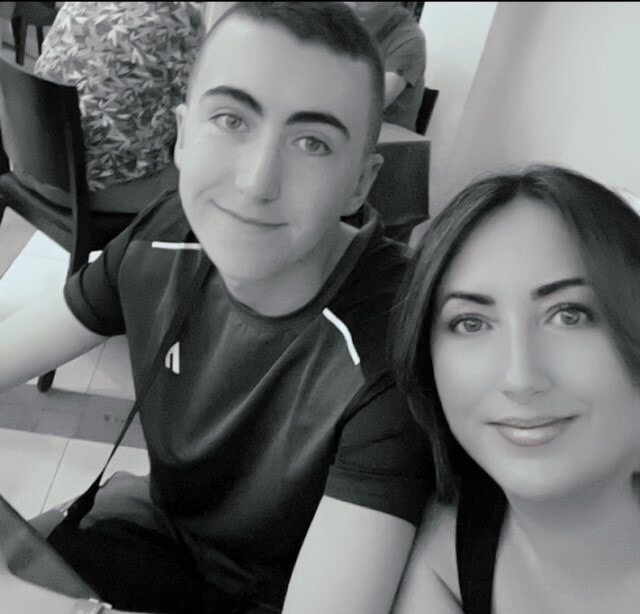Medics have welcomed new advice recommending a non-surgical treatment for young people with a rare sunken chest condition, saying it could have a “huge impact” on those affected.
The Healthcare Improvement Scotland (HIS) advice relates to the treatment of pectus excavatum, a condition that causes a person’s ribs and breastbone to grow inwards, resulting in the front of the chest having a sunken appearance.
Some people are born with the condition, but it can also appear in young people following a growth spurt, typically between the ages of 11 and 14.
In severe cases, the condition can cause problems for the heart and lungs, but even less severe cases can have a negative impact on the “self-esteem and body confidence” of those living with it.
The new advice recommends the use of a “vacuum bell” device as a treatment option, in cases where the condition is negatively affecting a young person’s “physical and/or psychological wellbeing”.
An alternative to surgery, the vacuum bell is a flexible silicone suction cup that attaches to the chest and connects to a portable vacuum pump.
It works by creating a gentle vacuum, with the suction bringing the breastbone forward.
The decision to recommend the treatment has been welcomed by the Scottish National Chest Wall Service (SNCWS), a national treatment centre for people under the age of 16 with chest wall deformities.
Isla Lundie, physiotherapy lead at SNCWS, said: “This will have a huge impact on children and young people living with pectus excavatum who thought surgery was their only treatment option.
“Pectus excavatum is a relatively unknown condition. We typically see around 90 to 100 children and young people a year and they all come to us through a referral from their GP or hospital doctor.
“We think there will be many more children and young people living with the condition who are not receiving the support and treatment they need.
“A lot of the patients we see are between the age of 12 and 16 years and the condition has a negative impact on their self-esteem and body confidence.”
She added: “We hope this new recommendation will raise awareness of this condition and encourage more people to seek treatment.”
Ryan Dolan, 15, from Renfrew, began receiving the treatment 14 months ago, having been diagnosed with pectus excavatum when he was 12.
His mother Liza Dolan said having the option of the vacuum bell had been a “game-changer” for her son, as it meant he could avoid surgery.
 PA Media
PA Media“Surgery for Ryan would have meant that metal bars would have been inserted into his chest,” she said.
“It sounds awful and I wouldn’t have wanted him to go through that. Having the option of the vacuum bell device was a game-changer.
“Ryan wears it at home while he’s gaming, and we’ve seen a huge difference since he began treatment 14 months ago.
“Ryan is really pleased with the results and we feel lucky that this treatment option was available to him.”
Neil Smart, chairman of the Scottish Health Technologies Group within HIS, said he hopes the advice will “support” medics to refer those with the condition for non-surgical treatment.
He added: “Pectus excavatum can cause issues with self-esteem and depression, causing people to withdraw from activities that they would otherwise enjoy.
“In a small number of people with more severe symptoms, the chest wall can compress the heart and lungs, causing issues with cardiac and respiratory functions.”
SNCWS is hosted by the Royal Hospital for Children in Glasgow.
Follow STV News on WhatsApp
Scan the QR code on your mobile device for all the latest news from around the country


 PA Media
PA Media
























